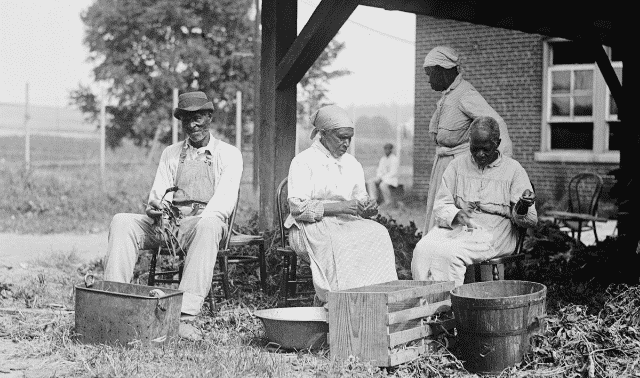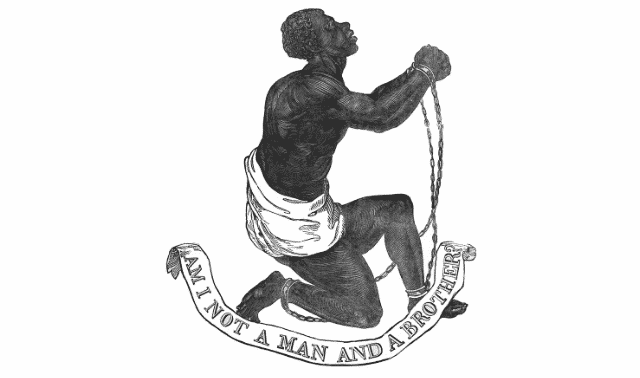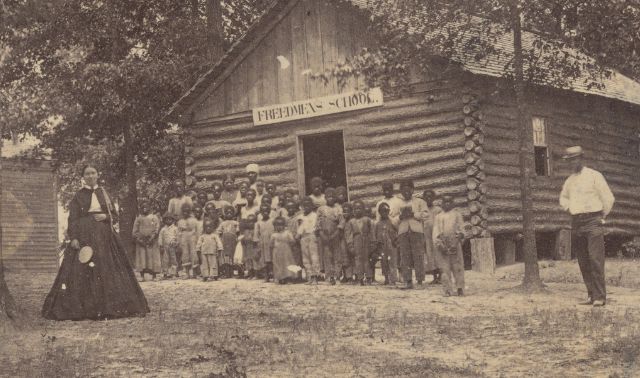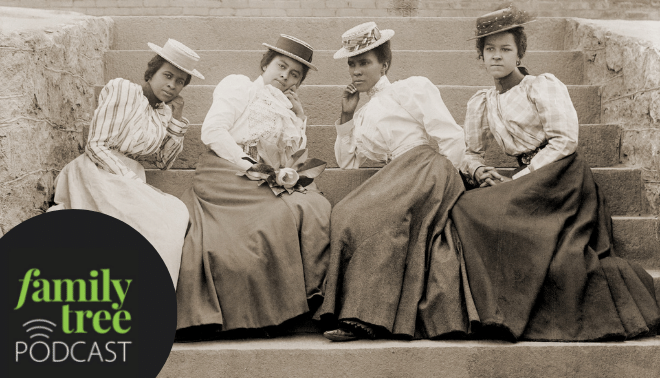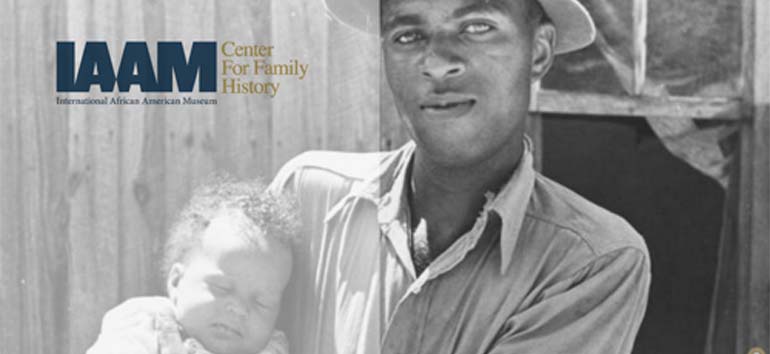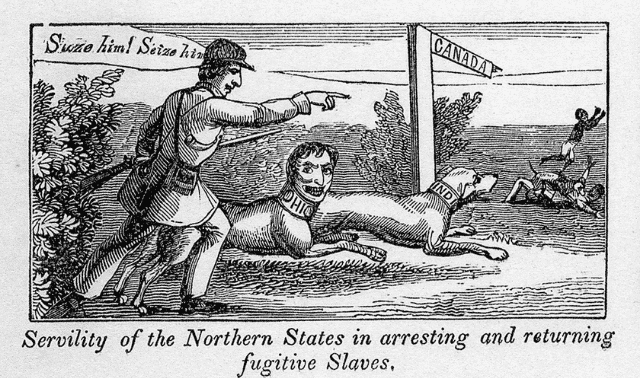Sign up for the Family Tree Newsletter! Plus, you’ll receive our 10 Essential Genealogy Research Forms PDF as a special thank you.
Get Your Free Genealogy Forms
"*" indicates required fields
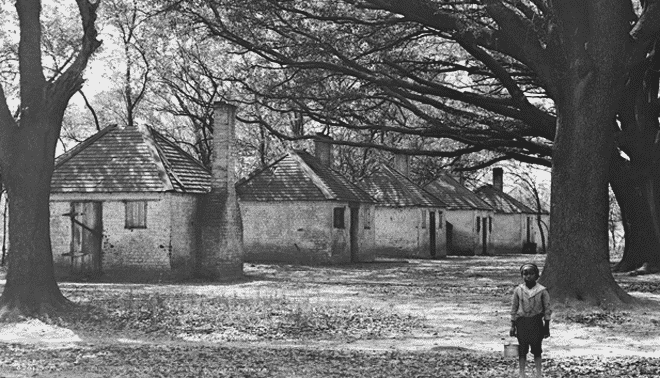
Before starting to trace enslaved ancestors, you’ll need research your family back to the Civil War in censuses, vital records and other genealogical sources. Find as much information as you can.
Then review a family group sheet of the post-Civil War family members you want to focus on. You’ll need a list of their given names and ages to 1) determine which family members might have been born as slaves and 2) determine the slaveholder’s name.
If you know the slaveholding family’s name, you can start researching that family. If not, start with the presumption that your ancestral family kept its former or most recent slaveholder’s surname—but be alert for clues that imply otherwise.
Here are eight steps for getting started tracing your slave ancestors using federal censuses and slave schedules:
1. Subtract 10 Years from the Family’s 1870 Ages
Note ages of the people in the ancestral family in the 1870 census, then subtract 10 years. Isolate the names of those who were living in 1860.
2. Find a Same-Named White Family
While reviewing the 1870 census, look in your ancestors’ neighborhood for nearby white families who had the same (or a similar) surname.
Make your search countywide, or even statewide, if your ancestors’ name was unique. Create a list of same-surname candidates for the slaveholding family. Include possible spelling variations: Harget(t), Hargit(t), Horgett, Hargot, Horgatt and so on. Consider going back as far as the 1850 census, or that county’s marriage and deed records, to look for white families of that surname.
3. Look for the White Family in the 1860 Census
Determine which of the white families on your list owned slaves in 1860 by looking at that county’s 1860 slave schedule. You might be able to eliminate families whose names aren’t there, but also check the 1850 slave schedules before you do.
4. Compare Ages in the 1860 Slave Schedule
With your list of people and ages in hand, look for the white family’s corresponding entry in the 1860 slave schedule. Does a group of slaves in any household match the list of your family members’ sexes and ages?
The 1850 and 1860 slave schedules name only slaveholders. The enslaved are listed by sex, age and color—not by name. FamilySearch (1850, 1860) and Ancestry.com (1850, 1860) each have both.
Note that families may have been split before and after the Civil War. Look for mother and children living together first.
5. Analyze Possible Matches
Consider the slaveholding candidates:
- Likely candidates: The ages of your ancestral family members fit within the ages listed in their 1860 slave schedules.
- Less likely candidates: The ages of your ancestral family members and those listed on the 1860 schedule don’t appear to coincide.
- Least likely candidates: Those candidates not listed in either the 1860 or 1850 schedules. Some slaveholders might have been omitted, but the schedules are probably the most complete resource available.
6. Study the 1850 Slave Schedule
Repeat this for the 1850 slave schedule, especially if your ancestors’ ages indicate they were a family before 1850. Note that, sometimes, people were accidentally omitted from both general population and slave schedules.
7. Research the White Family
If your search produces enough evidence to suggest further investigation of a particular candidate, start researching that family. Study the leading candidate(s) in the county records to determine if your family is included in those records.
8. Avoid Bad Matches
Don’t try to make your ancestor fit into an obviously unlikely match. Instead, if these steps above don’t produce the name of the slaveholder, consider these factors:
- Your family might have moved from its 1860 home after the war to a neighboring county or town. Although some freed men and women moved away after the war, often they remained on the same land for many years.
- The slaveholding family might have moved away after the war. Prewar county records might reveal their identity.
If you don’t find candidates of the same surname as your family, consider slaveholders from the 1860 slave schedules who lived near your family in 1870. Review others who owned slaves in your focus county in 1860. Your ancestors might have lived on a plantation near the same-surname white family.
Tip: For information on researching non-white slave owners, see Black Slaveowners: Free Black Slave Masters in South Carolina, 1790–1860 by Larry Koger.
Related Reads
A version of this article appeared in the December 2002 issue of Family Tree Magazine. Last updated February 2025.

